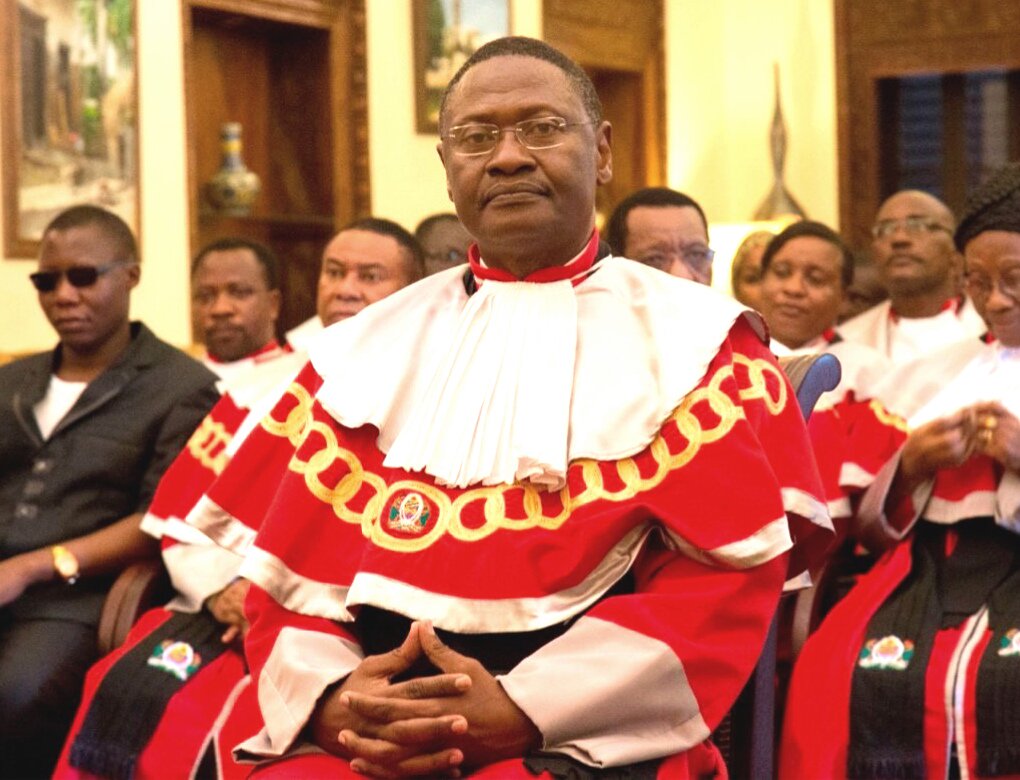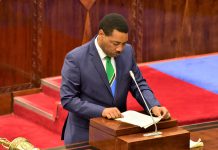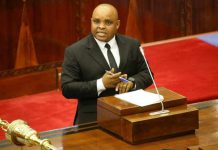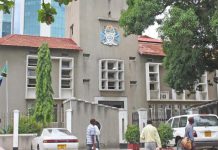Author: FAUSTINE KAPAMA
AfricaPress-Tanzania: THE Judiciary of Tanzania has outlined five key issues that will be taken on board during implementation of the second Five-Year Strategic Plan (2020-2025) with a view of facilitating access and dispensation of justice to the people.
This was revealed by Chief Justice Prof Ibrahim Juma, when opening the second phase of training for High Court judges in Dodoma last Thursday, focused on how to conduct election petition related proceedings that would emerge from the forthcoming general election slated for October 28, 2020.
According to a statement issued yesterday by the Judiciary’s Directorate of Information and Communications, among the issues in question include improvements of infrastructure within the judiciary.
Prof Juma mentioned other issues as completing the management of cases through Information and Communications Technology (ICT), improving the ability of judicial officers to fulfill their responsibilities, strengthening audit, management of complaints and strengthening partnerships with stakeholders.
“We will use the five-year Strategic Plan of the Judiciary as a tool for identifying commitment in terms of what we will do for the next five years,” said the chief justice.
Prof Juma said that during the elections, it was time for each pillar of State to conduct self-assessment and also promise what it would do over the next five years.
He urged judicial officers to read, understand and implement the second Strategic Plan which would guide them from 2020 to 2025.
According to the chief justice, the review of the Strategic Plan for 2016-2021 conducted in various areas, has shown a decrease in the backlog of cases from 12 per cent in 2015 to five percent in 2019.
He pointed out that efficiency was also measured through the success in increasing the use of ICT and the use of technology in conducting cases as well as efficiency for judicial officers at various levels.
The chief justice called on all judges and other judicial officers to ensure that they read the strategic plan so as to understand the goals and direction of the Judiciary since the success would depend on how all officials and staff members of the Judiciary would agree to own the plan.
Addressing the issues relating to cases originating from the upcoming general elections, Prof Juma directed all judges to use such an important opportunity to hear the cases and identify areas of law which needed improvements.
He said judges are leaders, and so their decisions must influence improvements of the laws or changes of policies related to law and justice.
When opening a training session for 282 judicial officers, including the High Court judges, relating to elections issues last Monday, the chief justice directed High Court judges and magistrates who will preside over election petitions to write judgments in simple, understandable and educational language.
The head of the judiciary also urged registrars to be prepared to summarise the relevant decisions that would be given in a plain language every time upon delivery of the judgments after the hearing of election petitions so that the public could learn.
“In this training, there will be facilitators who will guide you in judgment writing for election petitions and related cases. So use this time to learn writing summaries containing educational materials for citizens to learn without using legal and technical terms,” the chief justice said.
According to him, the primary role of the court was to deliver justice, thus, such training was part of preparations for judicial officers to fulfill their responsibility in providing justice in electoral issues.







